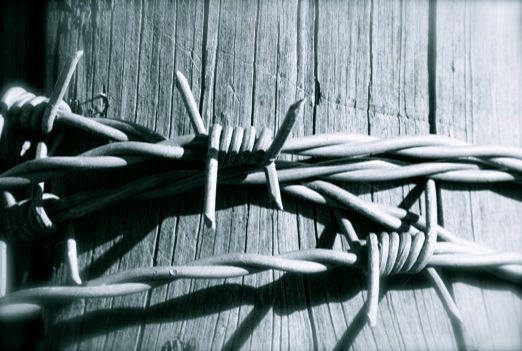New research published here, the first of its kind, illuminates the many barriers to justice faced by people detained in prisons under immigration powers.
People in prisons have to fight their immigration case with limited telephone access, no internet access, and are heavily dependent on a prison postal system that is often slow. Many are locked in their cells for almost the entire day. Unlike in Immigration Removal Centres (IRCs), there is no advice scheme for immigration detainees within prisons to book an appointment with a lawyer. It is up to the prisoner to use the limited means of communication available to contact a legal aid solicitor and persuade them to provide legal advice and representation.
At Bail for Immigration Detainees, we have worked tirelessly providing legal advice and representation to people detained in prisons, systematically collecting data and carrying out research and policy advocacy work in an area where support provision is sparse. We used evidence from our work to support our intervention in the case of SM v Lord Chancellor, where we argued that people held in prisons under immigration powers face multiple obstacles that prevent them from challenging their detention or deportation. The judge agreed and declared the system to be discriminatory and unlawful.
In response the government set up a telephone advice scheme, designed to provide a functional equivalent service to the legal advice appointment scheme in IRCs. Those of us who work with people in this appalling situation felt hopeful that this would result in meaningful change and those people would finally have some semblance of access to justice. Sadly, this has not materialised, and for our clients in prisons, very little has changed.
The research, based on responses to our questionnaire posted to us from within prisons, revealed a number of major concerns. 70% of participants did not have a legal representative in their immigration case, while 89% described the difficulties they had faced accessing justice while detained in prisons under immigration powers. In the research we amplify the voices of a community that is usually silenced, marginalised and denigrated. Where possible we have sought to use the direct words of people who responded to our survey.
There were numerous problems that undermine the effectiveness of the telephone advice scheme. Participants described prison officers who were unhelpful, uncaring or even discriminatory towards foreign nationals; delays and difficulties getting numbers added to a person’s pin; lack of funds to make phone calls; people not being provided with a list of solicitors. Those who were able to contact lawyers or were able to receive advice were told the lawyer could not take on their cases for various reasons such as the lawyer not having capacity; not providing legal aid; being too far away from the prison; or not dealing with immigration law. People were very dependent on having family or friends outside the prison who could advocate for them.
One participant stated: ‘The only help I have is from my partner as I don’t have access to anything and don’t understand any of the forms. I fell completely scared… I feel abandoned and frightened [of] the system.’
Despite the end of Coronavirus restrictions in the rest of society, people in prisons continue to be locked up in their cells for almost the entire day in conditions amounting to prolonged solitary confinement (74% of participants were locked in their cells for 22-24 hours per day). This practice is banned by the United Nations due to the immense harm it causes and can amount to torture according to the UN Special Rapporteur on Torture. Unlike British nationals who have a release date, our clients are held indefinitely and required to take proactive steps to secure their own release, compounding the harm caused by prolonged cell confinement. Our findings reflect comprehensive and detailed research produced by User Voice and the University of Belfast, based on a detailed survey of 1,400 prisoners in 10 jails. They found that 85% of prisoners reported being locked in their cells for more than 23 hours a day often for months at a time, with distressing accounts of self-harm, suicide, suicidal thoughts, widespread despair and spiralling anxiety – with more than a third of prisoners recorded scores at the level of severe anxiety disorder.
The ongoing scandal of using prisons for immigration detention must not be allowed to continue. For our clients, the need for access to justice could not be more acute. They are facing the permanent and life-changing exile from the place they call home and the families and communities that will be left behind. Meanwhile they are deprived of their liberty in severely punitive conditions, another extreme and draconian power that is increasingly exercised unlawfully by the Home Secretary.
BID believes that detention for administrative immigration reasons is cruel, unnecessary and undermines fundamental rights and recommends that the practice should be ended in its entirety. Depriving people of their liberty for immigration reasons is extremely harmful and undermines basic rights. However we call on the government to stop using prisons to hold people for immigration reasons as a matter of acute urgency.







